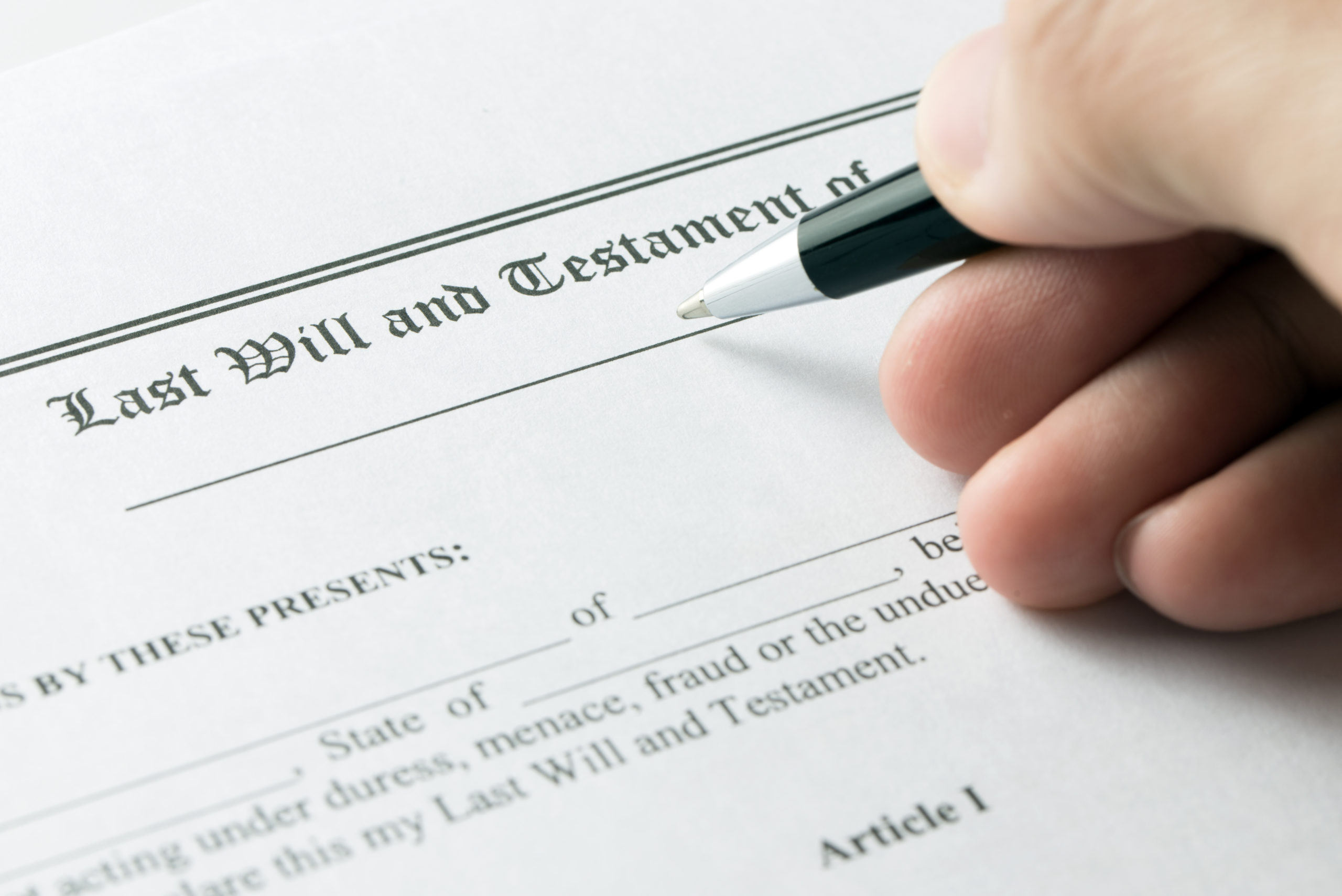It is no surprise that passing away without a will can cause more harm than good. To learn more, continue reading and give our experienced PA wills, trusts & estates attorneys a call. Here are some questions you may have:
What are the benefits of creating a will?
An individual drafting his or her will is setting the standards for how many of his or her assets will be distributed and to whom, which can help prevent serious issues and potential conflicts between family members after their death. Furthermore, constructing a will guarantees that you have chosen an executor to manage the administration of your estate. Essentially, if you pass away without creating a will, it implies that you have died intestate, which initiates intestate succession. When this occurs, only blood relatives, your spouse, or a registered domestic partner can inherit your assets. You will want to recognize that this excludes friends and other relatives that you could have wanted to obtain assets upon your death.
Who will inherit my property?
If you are survived by any heirs, your assets will be allocated according to the following:
- No children or parents survive: In this situation, your surviving spouse will inherit the entire intestate estate.
- Children survive: If you are survived by children (if they are all the children of your spouse), then your spouse will receive the first $30,000, plus one-half (1/2) of the balance. On the other hand, if one or more of your surviving children are not the issue of your spouse, then your spouse will receive just one-half (1/2) of the intestate estate. For instance, if you die with a $100,000 intestate estate and all surviving children are an issue of your spouse, he or she will receive $65,000 (i.e., the first $30,000, plus ½ of the remaining $70,000). If one or more of your children is not the issue of your spouse, he or she will receive only $50,000 (i.e., one-half of the intestate estate). Your children will receive the remainder.
- One or both parents survive: If you are survived by one or both of your parents, but have no children, then your spouse will receive the first $30,000, plus one-half (1/2) of the balance of the intestate estate. For example, if you die with a $100,000 intestate estate, your spouse will receive $65,000 (i.e., $30,000, plus ½ of the remaining $70,000). Your parent(s) will receive the remaining $35,000.
In the event that you have no surviving spouse, your estate will be split in the following order:
- To your children and grandchildren. If none survive you, then the surviving parent.
- If no parent survives you, then to the siblings, nieces, and nephews of your parents.
- If no sibling, niece, or nephew survives you, then to your grandparents. The assets will be distributed as half to your paternal grandparents and half to your maternal grandparents.
- If no grandparent survives you, then to your uncles, aunts, and cousins.
- Lastly, if none of your family survives you, then your estate will automatically go to the Commonwealth of Pennsylvania.
CONTACT OUR EXPERIENCED PENNSYLVANIA FIRM
Friedman Schuman Layser is an experienced and dedicated legal resource for clients throughout Pennsylvania. Contact Friedman Schuman Layser today to schedule a consultation.

